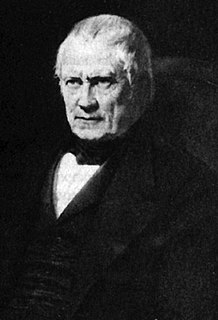 W
WHenri Marie Ducrotay de Blainville was a French zoologist and anatomist.
 W
WJerry Allen Coyne is an American biologist known for his work on speciation and his commentary on intelligent design. A prolific scientist and author, he has published numerous papers elucidating the theory of evolution. He is currently a professor emeritus at the University of Chicago in the Department of Ecology and Evolution. His concentration is speciation and ecological and evolutionary genetics, particularly as they involve the fruit fly, Drosophila.
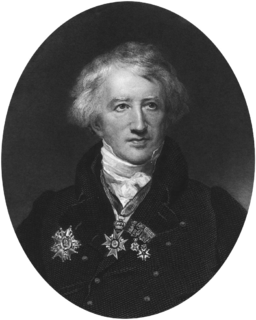 W
WJean Léopold Nicolas Frédéric, Baron Cuvier, known as Georges Cuvier, was a French naturalist and zoologist, sometimes referred to as the "founding father of paleontology". Cuvier was a major figure in natural sciences research in the early 19th century and was instrumental in establishing the fields of comparative anatomy and paleontology through his work in comparing living animals with fossils.
 W
WTheodosius Grygorovych Dobzhansky was a prominent Ukrainian-American geneticist and evolutionary biologist, and a central figure in the field of evolutionary biology for his work in shaping the modern synthesis. Dobzhansky was born in Ukraine, then part of the Russian Empire, and became an immigrant to the United States in 1927, aged 27.
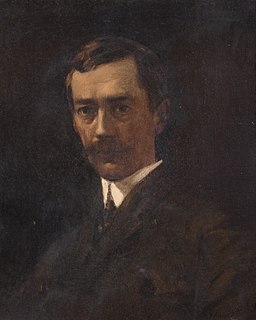 W
WLeonard Doncaster was an English geneticist and a lecturer on zoology at both Birmingham University and the University of Liverpool whose research work was largely based on insects.
 W
WSir Francis Galton, FRS, was an English Victorian era polymath: a statistician, sociologist, psychologist, anthropologist, eugenicist, tropical explorer, geographer, inventor, meteorologist, proto-geneticist, and psychometrician. He was knighted in 1909.
 W
WMartin Gardner was an American popular mathematics and popular science writer, with interests also encompassing scientific skepticism, micromagic, philosophy, religion, and literature—especially the writings of Lewis Carroll, L. Frank Baum, and G. K. Chesterton. He was also a leading authority on Lewis Carroll. The Annotated Alice, which incorporated the text of Carroll's two Alice books, was his most successful work and sold over a million copies. He had a lifelong interest in magic and illusion and was regarded as one of the most important magicians of the twentieth century. He was considered the doyen of American puzzlers. He was a prolific and versatile author, publishing more than 100 books.
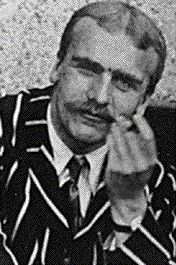 W
WJohn Burdon Sanderson Haldane, nicknamed "Jack" or "JBS", was a British-Indian scientist known for his works in physiology, genetics, evolutionary biology, and mathematics. With innovative use of statistics in biology, he was one of the founders of neo-Darwinism. He was a noted geneticist and physiologist.
 W
WWilhelm His Sr. was a Swiss anatomist and professor who invented the microtome. By treating animal flesh with acids and salts to harden it and then slicing it very thinly with the microtome, scientists were able to further research the organization and function of tissues and cells in a microscope.
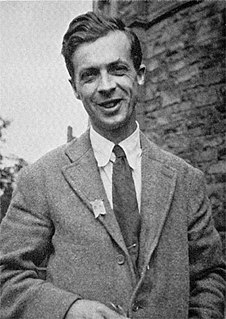 W
WSir Julian Sorell Huxley was an English evolutionary biologist, eugenicist, and internationalist. He was a proponent of natural selection, and a leading figure in the mid-twentieth century modern synthesis. He was secretary of the Zoological Society of London (1935–1942), the first Director of UNESCO, a founding member of the World Wildlife Fund and the first President of the British Humanist Association.
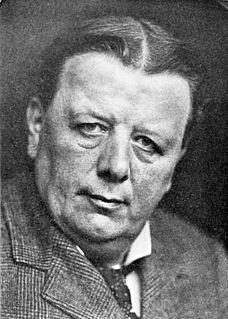 W
WSir Edwin Ray Lankester was a British zoologist.
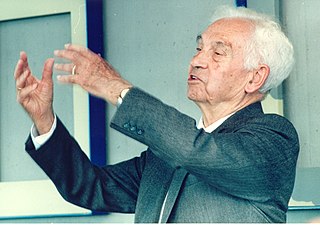 W
WErnst Walter Mayr was one of the 20th century's leading evolutionary biologists. He was also a renowned taxonomist, tropical explorer, ornithologist, philosopher of biology, and historian of science. His work contributed to the conceptual revolution that led to the modern evolutionary synthesis of Mendelian genetics, systematics, and Darwinian evolution, and to the development of the biological species concept.
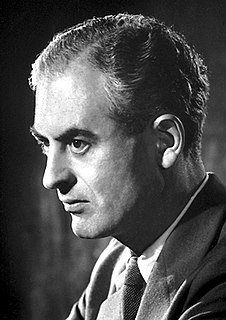 W
WSir Peter Brian Medawar was a British biologist and writer, whose works on graft rejection and the discovery of acquired immune tolerance were fundamental to the medical practice of tissue and organ transplants. For his scientific works he is regarded as the "father of transplantation". He is remembered for his wit both in person and in popular writings. Famous zoologists such as Richard Dawkins referred to him as "the wittiest of all scientific writers", and Stephen Jay Gould as "the cleverest man I have ever known".
 W
WAlcide Charles Victor Marie Dessalines d'Orbigny was a French naturalist who made major contributions in many areas, including zoology, palaeontology, geology, archaeology and anthropology.
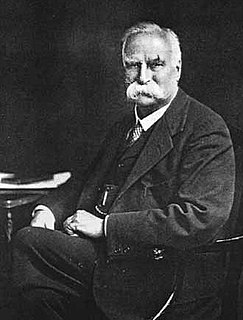 W
WSir Edward Bagnall Poulton, FRS HFRSE FLS was a British evolutionary biologist who was a lifelong advocate of natural selection through a period in which many scientists such as Reginald Punnett doubted its importance. He invented the term sympatric for evolution of species in the same place, and in his book The Colours of Animals (1890) was the first to recognise frequency-dependent selection.
 W
WGeorge Gaylord Simpson was a US paleontologist. Simpson was perhaps the most influential paleontologist of the twentieth century, and a major participant in the modern synthesis, contributing Tempo and Mode in Evolution (1944), The Meaning of Evolution (1949) and The Major Features of Evolution (1953). He was an expert on extinct mammals and their intercontinental migrations. He anticipated such concepts as punctuated equilibrium and dispelled the myth that the evolution of the horse was a linear process culminating in the modern Equus caballus. He coined the word hypodigm in 1940, and published extensively on the taxonomy of fossil and extant mammals. Simpson was influentially, and incorrectly, opposed to Alfred Wegener's theory of continental drift.
 W
WOscar Werner Tiegs FRS FAA was an Australian zoologist whose career spanned the first half of the 20th century.
 W
WJulien-Joseph Virey was a French naturalist and anthropologist.
 W
WProf August Friedrich Leopold Weismann FRS (For), HonFRSE, LLD was a German evolutionary biologist. Ernst Mayr ranked him as the second most notable evolutionary theorist of the 19th century, after Charles Darwin. Weismann became the Director of the Zoological Institute and the first Professor of Zoology at Freiburg.
 W
WConway Zirkle was an American botanist and historian of science.